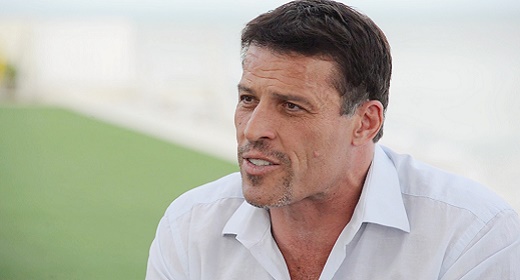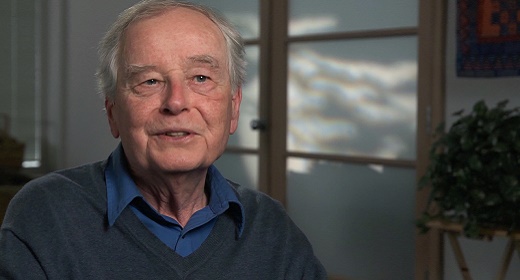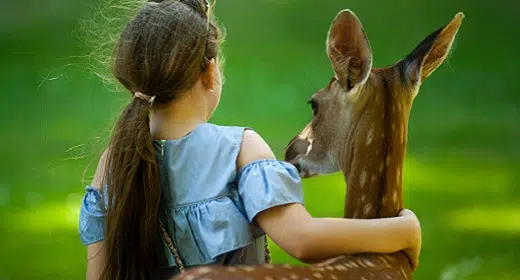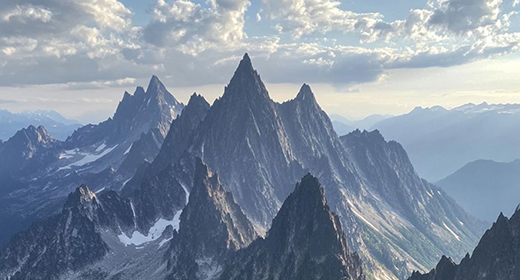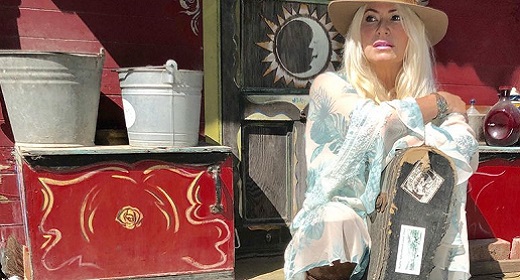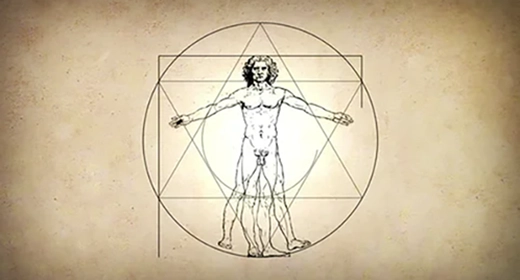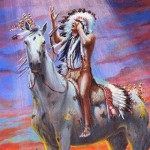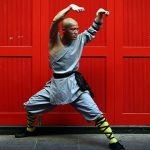Don Miguel Ruiz, the youngest of 13 children born into a humble family in rural Mexico, grew up learning about the traditions and wisdom of the Toltec culture from his parents. 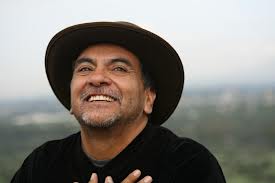 But instead of becoming a traditional practitioner, he went to medical school and practiced neurosurgery with his brothers, until, he has said, he “realized that what needed to be healed was not only the physical brain, but the human mind as well.”
But instead of becoming a traditional practitioner, he went to medical school and practiced neurosurgery with his brothers, until, he has said, he “realized that what needed to be healed was not only the physical brain, but the human mind as well.”
A near-fatal car accident convinced Don Miguel that he should continue the legacy of his family. He realized that the Toltec teachings held the tools he sought to help people be happier, and he returned to Mexico and became a shaman. He went on to teach widely in the United States before encountering yet another setback, in 2002, when he suffered a massive heart attack that left him in a coma and with a severely compromised heart. He received a heart transplant in 2010 and is once again speaking and teaching all over the world. His influential book The Four Agreements, which spent more than seven years on the New York Times best-seller list and has sold more than four million copies, outlines specific steps that can help anyone achieve long-term personal transformation. Now in its 15th edition, the book has been used as a teaching tool to help people in schools, jails and rehabilitation centers. He has written several other books, including The Fifth Agreement, which he coauthored with his son, Don Jose Ruiz.
Don Miguel sat down recently with Paul Sutherland to talk about his work.
Could you summarize the Five Agreements?
OK. The Five Agreements are tools to change your world. If you are impeccable with your words, if you don’t take anything personally, if you don’t make assumptions, if you always do your best, and if you are skeptical while listening, we won’t have any more war in our head. There will be peace.
Our readers often say they’re interested in transformation. I always joke that we don’t want to transform―we want everybody to transform around us.
It will happen with or without us. Everything is changing all the time.
Many times we are not aware of our own transformation because our attention is focused on the outside and we can see how everything around us is being transformed. But if we focus on ourselves, we can see our own transformation.
You think we don’t notice this because . . .
Because we are living it. Because we are changing with all the changes. With awareness, we can facilitate and change as fast as everything changing. This is the main problem of humanity―that we resist the transformation. We don’t want to let go. We carry our past with us, and it is very heavy―like carrying a corpse. Like my son Jose says, “When the snake sheds his skin, he just lets go.”
That’s what we should do with our past. You don’t want to let go of the great moments of your life. But soon or later, they will go, and it will be fine.
So we should be flexible?
If you change as fast as you’re aware, you become so fluid. You will become as fluid as life, because that’s really the goal: to master transformation . . . to change as fast as life changes.
By doing that, you have the advantage over everybody else, because instead of seeing it as a crisis, you see everything as an opportunity―to change. Everybody says, “Oh, I’m in a big crisis,” but that’s just an opportunity to change.
Can you describe the most important or difficult transformation you underwent in your own life and what it required from you?
That was a big moment of inspiration―when I had the awareness that I am not my identity, that I don’t even know what I am. And what it required from me [was] complete trust, complete faith to see that everything that I knew was not real at all. Then after that, I see my story, everybody else’s stories, as completely unreal. It was like being in a party with a thousand people and everybody is drunk but you. And the only way to deal with everybody else is to listen and to not take anything personally. Then you may understand why all those books came from that point.
From The Fifth Agreement: “Once you recover awareness, you become completely responsible for your own evolution, for every choice you make in life.” So it’s the essence of your teachings that awareness makes us ultimately responsible for everything in our lives.
Well, the truth is that everybody’s really responsible [for themselves] even if they don’t want to be responsible. We can try to avoid responsibility, but there is no way. Only you can live your life. Nobody else can live your life. Sometimes we want to be responsible for somebody else and make decisions for them, but that is not our responsibility.
So someone having trouble . . . How do they reach that awareness, to be able to say, “Let’s surrender”?
OK, they have to understand that it is practice that makes them master.
Aren’t our habits, when we are not being aware, a kind of practice, too?
Yes―because, as you practice hate, as you practice anger, as you practice jealousy, that becomes automatic. But when you have awareness and practice being impeccable with your word―using the power of your words for love or truth― perhaps you don’t like to feel hate anymore, you don’t want to feel jealous anymore. You start changing it. And an easy way is by using these agreements.
I’d like to hear how you interpret the fifth agreement.
Well, the easy way is to say, “Don’t believe me, don’t believe yourself, and don’t believe anybody else―but do learn to listen.” The main part is “Don’t believe yourself,” because you say too many lies to yourself that it becomes automatic. We create all those limitations: I never will do that. I never can. I am not good enough, strong enough, intelligent enough, beautiful enough.
We reject ourselves before anybody else rejects us. We don’t have to believe our own lies.
You know, with the fifth agreement you are skeptical, because you know that the same way you create your own story, everybody around you creates their own story. That includes your wife, your children, your business partners―they create their own story. When you listen to them, you hear their story. When you know their story, you really know how to please them―how to keep a better equilibrium―because you show respect for them by listening, the same way that you respect yourself. But you don’t have to accept the story.
And if somebody is very critical?
They are making assumptions.
And if there’s always a barrage of criticism, what is our responsibility to that?
Zero once again. If someone says something about you, you agree with him, now you believe it, now you create a drama. On the other hand, if someone starts criticizing you―you know what? Bye. If it’s not what you believe, and you don’t agree, it doesn’t affect you.
With the fifth agreement, the skepticism―it sounds as if one needs to detach in order to maintain good listening and skepticism. It sounds lonely.
It may sound lonely, but the truth is, you’re alone. But you have company! Enjoy the company the best you can. And you really have yourself, because you are the love of your life.
A lot of our readers are parents and grandparents. What should we be teaching our two-year-olds or our five-year-olds?
Well, we have to respect them. We teach them to respect themselves. If they respect themselves, they will respect everybody around them too, and they will avoid people who disrespect them. They just will say, “OK, this is not the way I play. I don’t want to play like that,” and they go in a different direction. It is so important because if you respect your wife, children learn that. That’s what they learn: what you do.
So, how do we change the world?
Changing the world is not about changing the secondary characters of your story. If you want to change the world, the way you do it is by changing the main character of your story. Then, just like magic, all the secondary characters will start changing. Your children will change because the message that you deliver to them will change. The message that you deliver to your wife, to your husband, will change. Your relationship with your friends will change. Perhaps more important, your relationship with yourself will change. When you change the message you deliver to yourself, you are happier―and just by being happier, the people who live around you also benefit.
Your effort is really for everyone because your joy is contagious. When you are happy, the people around you are happy, too, and it inspires them to change their own world.
So is that our big responsibility? Just to be happy?
You just exist, and you are here to enjoy life, and whatever you do, you are doing it because this is what you love to do, and that makes a big difference. We all come here with the same mission, and it is to be happy, to enjoy life. How we do it is seven billion different ways. One for every single human. Only you know what is going to make you happy and what won’t make you happy. Respect is part of what makes you happy.
I am speaking for all humans. Our legacy is love, is joy, is happiness. Let’s enjoy this world. Let’s enjoy one another. We are meant to love one another, not to hate one another. Let’s stop believing that our differences make us superior or inferior to one another.
And how do we get more and more people to be part of the solution?
Awareness. We need to be aware.
First aware of ourselves?
Yes, always begin with yourself. Always.



